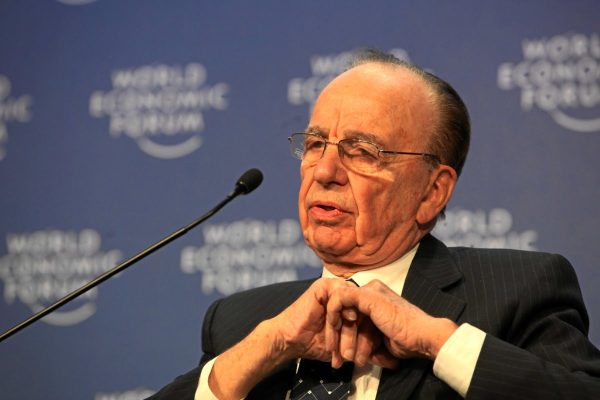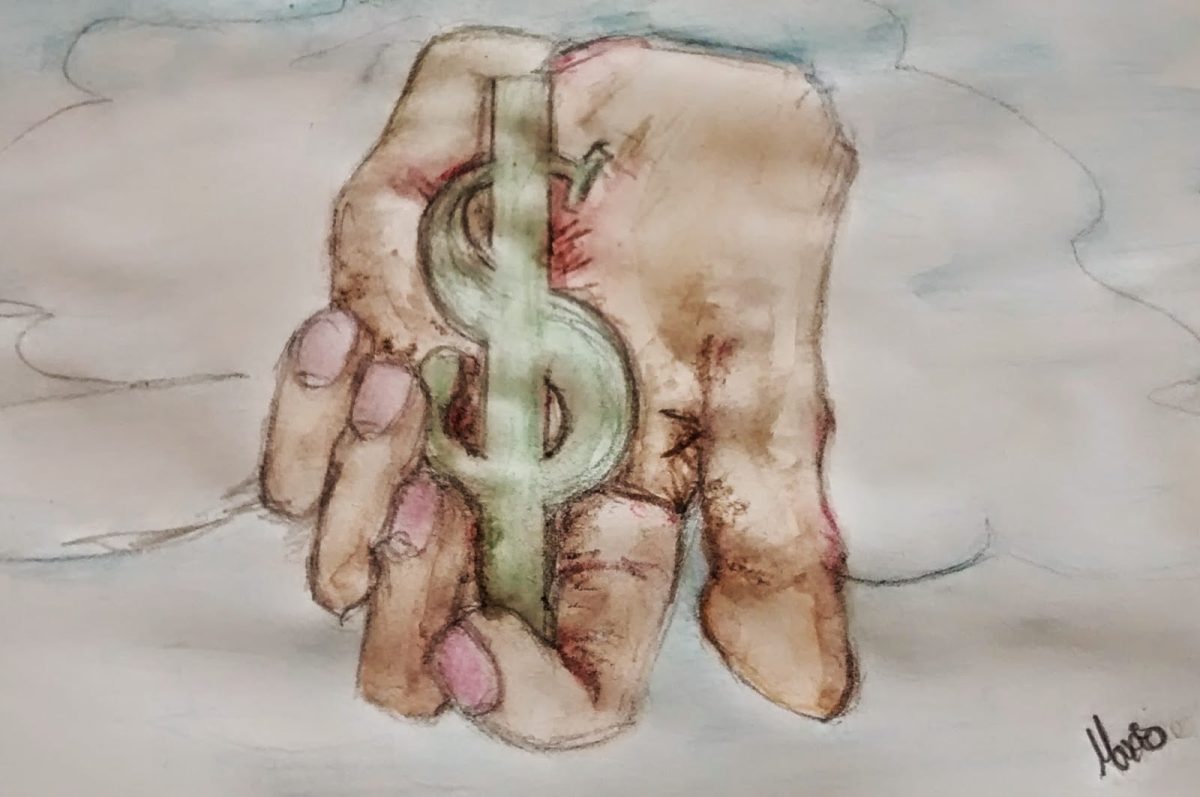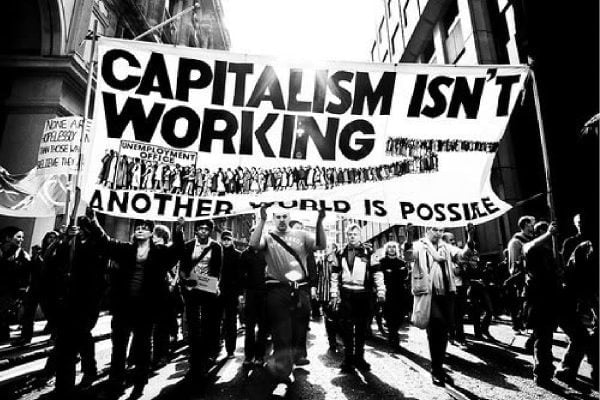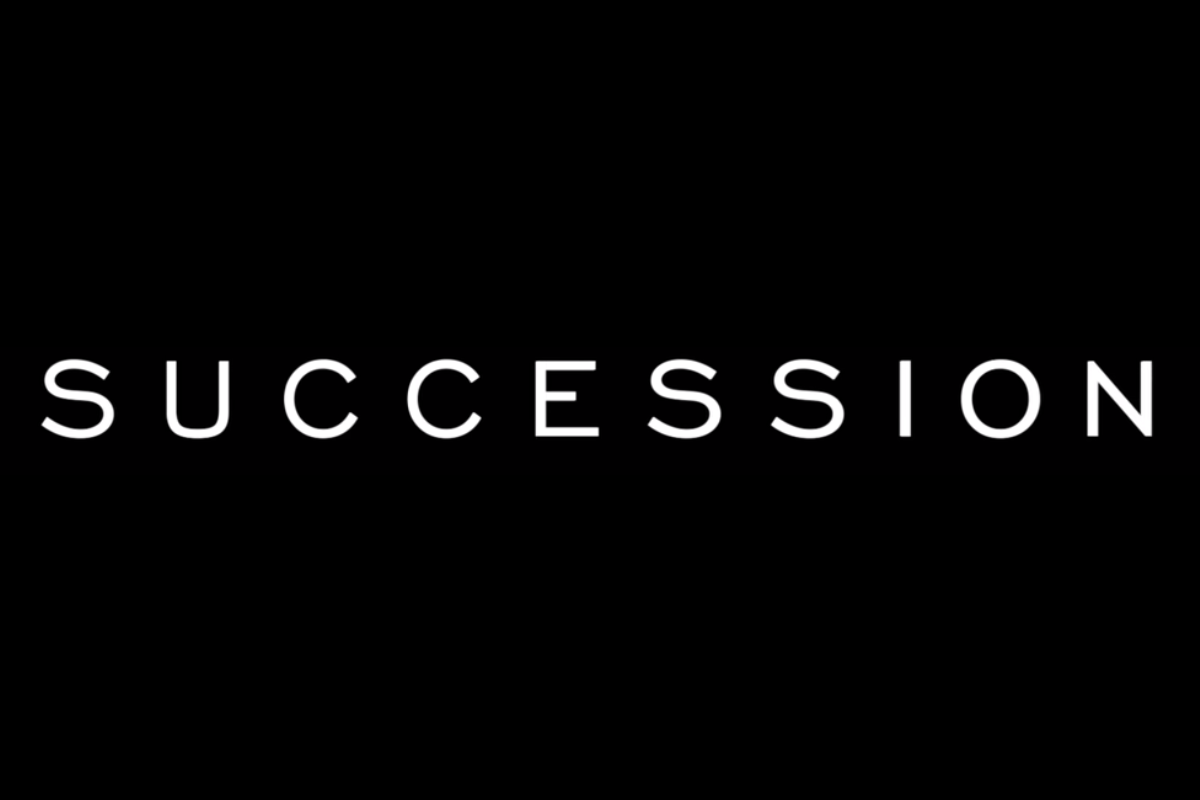The fourth and final season of HBO’s hit series Succession – which follows the corporate scheming and manoeuvres of the Roy family – is currently underway.
And as with previous instalments, this latest season helps to lift the lid on the murky, sordid world of the super-rich elites, revealing the rotten, ruthless antics of the billionaire class.
[WARNING: This review contains spoilers]
Plotting
The show first opens with Logan Roy, patriarch and ageing CEO of the media and entertainment conglomerate Waystar Royco, suffering a stroke.
As he stabilises, a cutthroat competition erupts between three of his children – Kendall, Roman, and Siobhan (‘Shiv’) – who are all gunning to be crowned his successor.
The only problem is, Logan clearly doesn’t think any of them are worthy inheritors of his empire. And so the plot(ting) thickens.
Impartiality
It is no secret that the programme is inspired by the dramatics of the Murdoch dynasty – so much so that the family’s members have even accused one another of leaking stories from their real lives to Succession’s writers.
Notably, the biggest asset in the Waystar portfolio – which ranges from television to theme parks to cruiseliners – is a Fox-esque news channel.

Likewise, the series reflects the cronyism that exists between Murdoch (and other moguls) and bourgeois politicians of all stripes.
In multiple episodes, both Republicans and Democrats are shown schmoozing with various men in suits as a matter of course, in the hope of a little big-business back-scratching.
In turn, wealthy movers and shakers like the Roys are shown to be the real ‘influencers’, not the celebrities that adorn their TV channels.
At one point, for example, they are seen literally picking out the next Republican presidential candidate. Later, they use their leverage to pressure the White House into dropping a Department of Justice investigation into Waystar.
Connor, the only one of Logan’s children not interested in running the business, even embarks on a doomed quest to be the next president, funded by his father’s fortunes.
This is the reality of so-called media ‘impartiality’ – or the lack thereof – under capitalism. The news and press is controlled by the billionaires, for the billionaires.
Liberalism
Even supposedly liberal, ‘progressive’ outlets are shown, ultimately, to be cut from the same cloth as their more overtly reactionary counterparts.
Looking to expand his business, for example, Logan enters discussions with PGM, another family-owned media conglomerate, but one that offers a more liberal take on events.
PGM matriarch Nan Pierce repeatedly expresses her distaste for the grubby world of business and profit-seeking, and for Logan’s underhand methods. She even rejects a deal when word gets out about scandals involving Waystar’s cruiseliner division.
Yet her outrage and ‘values’ are shown to be so much hot air later, when the dust settles and Waystar’s bid for PGM is increased.
Shiv also exemplifies the superficiality and cynicism of so-called ‘progressive’ and ‘liberal’ capitalists.
Initially we find her working as a political consultant for various Democrats. But she quickly drops this job when offered a top position at Waystar, in spite of her supposed ‘principles’.
Gangsters
From the very beginning, Succession displays in full view the corruption and degeneracy that exists at the core of big business.

Characters viciously insult and undermine one another. Logan’s inner-circle and spoiled children regularly stab each other in the back. But this is only the tip of the iceberg.
At the end of the day, as with all monopolies, securing Waystar Royco’s position and profitability is the number one priority for all its board members and shareholders.
In the process, the company is shown making deals with all manner of crooked types. And personal relationships and loyalties are quickly jettisoned by those scrambling to reach the top.
Logan, in this respect, represents the ugly face of capitalism: the kingpin at the head of this ring of gangsters; an abusive bully, focused only on making his next billion; a merciless boss, who destroys everyone and everything that stands in his way.
Cesspit
Succession has captivated audiences, by pulling back the curtain and shining the spotlight on the callousness and cruelty of capitalism – all served up with a healthy dose of wry humour and biting wit.
At the same time, anyone outside the upper echelons of society is rarely featured in the show. There is no role for the masses in this drama, other than as passive consumers or victims in the Roys’ insatiable quest for power and profits.
The closest we get to seeing the life of mere mortals is cousin Greg, Logan’s hapless nephew.
Greg starts as a deadbeat, but through blood relations and nepotism, he soon finds himself climbing the greasy ladder. And in the process, he is rapidly sucked into the Waystar cesspit, proving himself to be no better than the rest of his reprobate colleagues and cousins.
Socialism

For all its qualities and insights, with only a handful of episodes to go, it is clear that the series offers no solutions or alternatives to the rampant corruption that is part-and-parcel of big business; or to the iron-grip that magnates like the Roys (and Murdochs) hold over the media and politics – and our lives.
If anything, the show nihilistically suggests that these tendencies cannot be escaped under capitalism.
But where Succession allows viewers to do with this what they will, as Marxists we take this outlook to its logical conclusion.
Without the active intervention and involvement of the working class, our fate will always be in the hands of the bosses and billionaires.
But organised and mobilised around a bold socialist programme – to bring all the monopolies and media giants under public ownership and workers’ control – we can be masters of our own destinies; and put the rotten, degenerate capitalists into the dustbin of history, where they belong.






